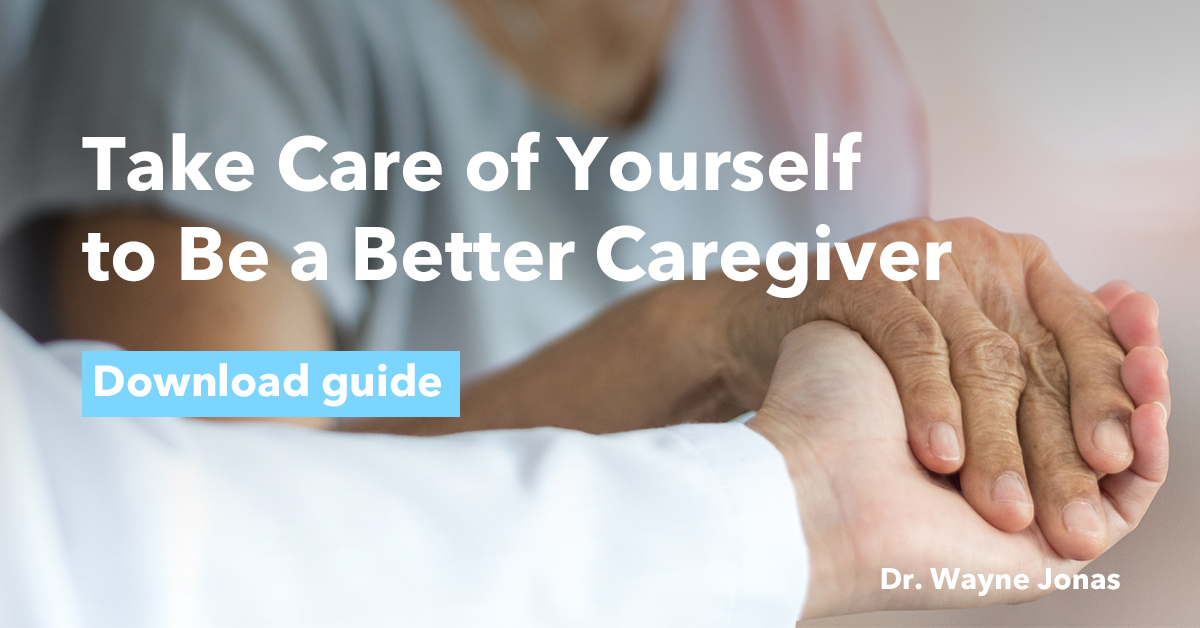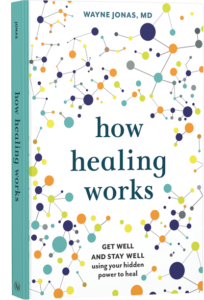As we’ve seen in our recent COVID-19 survey, and in our latest collection of blog posts, isolation and loneliness can have a real, negative effect on our health—impacting our body, minds, and even our spirits.
The following excerpt is from my book, How Healing Works, and describes the science of love and loss, and is useful in explaining the role loneliness plays in our health and healing. I trust it will help you (and your health care provider) recognize how best to treat feelings of isolation, as they’re so prevalent right now.
From the time we are born to the time we die, life is punctuated by loves—people, places, pets, and passions—that we get deeply attached to. Life is also punctuated by the loss of those same people and passions. Our mind and body are constantly alert to find such loves and on guard against their losses. We instinctively seek the former and avoid the latter. Survival may sometimes depend on it.
Yet the world is both ugly and beautiful, inflicting on us trauma and cruelty, and also inducing in us healing and compassion—sometimes all at the same time. How do we find peace in the face of pain and grief? How can we feel whole when we are broken and battered? Why do we try so hard to avoid pain, suffering, and death, even at the risk of not fully living?
It is not an easy task to face suffering, and almost impossible if we are alone. When illness and injury come, when our life is threatened by disease, and our body and soul buried in pain or sadness, it is the presence of a caring person that can often carry us through that suffering into healing. Facing loss is especially difficult if our early experiences with others were not caring, if our first ventures into love were met with rejection or loss or, worse, with anger or violence. If experiences in our childhood involved too much pain or trauma, we may be too afraid to open to the love of others, even when it is offered.
It is by sharing our suffering with others—and by its presence as we explore our fears—that healing and wholeness come, because some of the most meaningful experiences humans can have is when we are cared for and care for others. We are social beings; we are not whole without love.

Sociologist Dr. Ian Coulter, chair of integrative health research at the RAND Corporation and a professor at UCLA, described the scientific aspect of this to me in detail. Sociologists define a person as an individual embedded into a social network of mental, physical, and personal interactions. That network not only defines us as a person but also influences what happens to us on all levels of our being—including in our body.
Harvard physician and social scientist Professor Nicholas Christakis and his colleague James Fowler summarized many of these influences in their book Connected: The Surprising Power of Our Social Networks and How They Shape our Lives. They say, “As we studied social networks more deeply, we began to think of them as a kind of human superorganism. They grow and evolve. All sorts of things flow and move within them…Seeing ourselves as part of a superorganism allows us to understand our actions, choices, and experiences in a new light.” I agree.
Who you are connected to—not only your family, but even your “friends’ friends’ friends”—impacts large swaths of your health and happiness, whether you know it or not. Everything from obesity to smoking to infection to alcohol use and depression are mitigated and influenced by your social network—often in ways you cannot see. Not only does this help us understand and explain how we change along with others, but it also applies to individual healing.
If we look at a person as if he has a literal social and emotional body—and treat any injury to this body with the same importance as we treat a cancer or heart attack—we can unleash that aspect of our healing potential. When we do that, this social and emotional dimension of healing provides us with powerful tools for resilience, recovery, and repair.
To learn more about the effects of isolation and loneliness, see our COVID-19 survey wrap-up blog post, Self-Care in a Post-Pandemic World. And, of course, to read more about this topic and all of integrative health, check out How Healing Works.

Your Health Into Your Own Hands
Drawing on 40 years of research and patient care, Dr. Wayne Jonas explains how 80 percent of healing occurs organically and how to activate the healing process.

